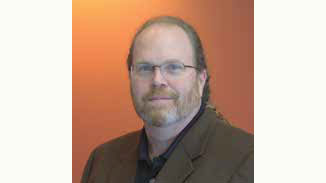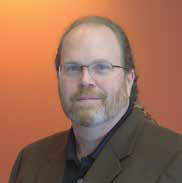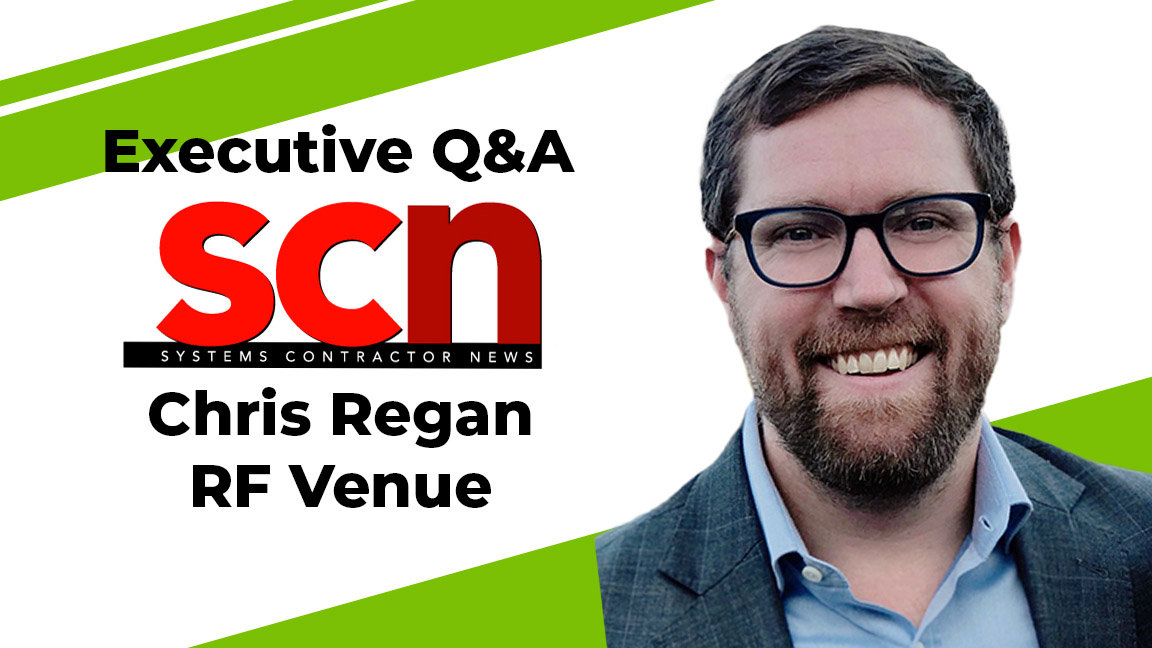Harman’s Zielie Champions Training Programs

A daily selection of features, industry news, and analysis for AV/IT professionals. Sign up below.
You are now subscribed
Your newsletter sign-up was successful

Quick Bio
Name: Paul Zielie
Title: Manager of Enterprise Solutions
Company: Harman Professional
Overtime: Zielie believes that “we can’t afford stupider systems, but we can build smarter integrators.”
AV is one of the few industries where people can progress in their careers without a traditional learning path—through hard work and self-education, professionals can ascend to leadership roles, even if they don’t have a college degree. That reasoning is why training is such a passion for Paul Zielie, Harman Professional, manager of enterprise solutions, who, in addition to his role as an IT and AV engineer, teaches training courses for InfoComm to help professionals stay on top of the latest technologies.
“I see CEOs and owners who started as cable pullers and are able to move up,” Zielie said. “You can’t do that in a profession that requires more traditional training, but I love that AV still offers an opportunity to excel in your career without that traditional learning path.”
Zielie’s training and educational programs are a labor of love. As an engineer, he realized early on that once an AV system was deployed, the challenge was to make sure integrators and end users knew how to use them properly, as well as to keep up with the updates to the technology. His training courses date back to the early 2000s when he saw a clear need for constant training, and he started developing curriculums that could help save his customers money and frustration. Over time, Zielie has developed curriculum about solutions architecture, video transport over telecommunications networks, IT security accreditation and mitigation, network protocols and standards, design for scalability, design for security, design for maintainability, technical documentation, and technical education.
“My view was that we can’t afford stupider systems, but we can build smarter integrators,” he explained.
But like the technologies these courses cover, the curriculums are always changing. After teaching courses 20 or so times, Zielie worked with InfoComm to revamp them and create a format that other instructors could follow.
A daily selection of the top stories for AV integrators, resellers and consultants. Sign up below.
“From a value standpoint, I get a lot out of this part-time work. I want to guarantee that I am getting as much out of this effort, and it gives me a chance to work with people who have to install and work with customers and see what their challenges are. These are real-world situations that we’re up against, and we can use the information to make sure products behave in such a way to fit into their workflows. It’s a great opportunity to open up a dialogue and pinpoint what they already understand.”
Zielie’s efforts to help develop new courses haven’t gone unnoticed—in 2015, InfoComm named him Educator of the Year, an honor Zielie talks about with great pride.
Zielie said the best way to get the most out of these training sessions is to work with an instructor who has sufficient knowledge of the subject, whether you get that from an in-person course or online. “I will be the first to say that I may not be a great speaker, but my advantage is that I have a very deep understanding of the subjects I talk about,” he explained. “I can fluidly move the content to meet the needs of my specific audience, and that seems to be fairly effective.”
Online training through on-demand and in-person webinars are becoming more and more prevalent in the industry since it allows companies to train employees without sending them to a two-, three-, or four-day training event.
“You only have to schedule people for a few hours a week to keep up with the industry, which has less of an impact on the company. Online courses are especially effective for senior-level employees—companies can’t always afford the head of engineering to be gone for a few days,” Zielie said.
Of course, Zielie still advocates for in-person training as the most effective choice.
He also sees the future of these training courses as a means to allow attendees to specialize in more aspects of the industry and learn the technology quickly. “An AV person has to have a small amount of knowledge about a lot of things, because he or she has to interact with those practices,” he said. “What we’ve found is that it may be easier to teach an AV guy IT, and one of the reasons for that is that AV pros have become experts in time learning, so they can learn new things fast.”
All of this knowledge allows these professionals to do their jobs as best as they can, and to grow with the evolving technologies in the industry.
“I have to say that nothing I teach is particularly sexy—it is work, and is the stuff you have to learn. Over the 10 years or so that I have been teaching, I’ve noticed more than ever that people coming in understand the importance of knowing this stuff if they want to have a job in five years.”
Kelleigh Welch is managing editor at SCN. Follow her on Twitter @kelleighwelch.
